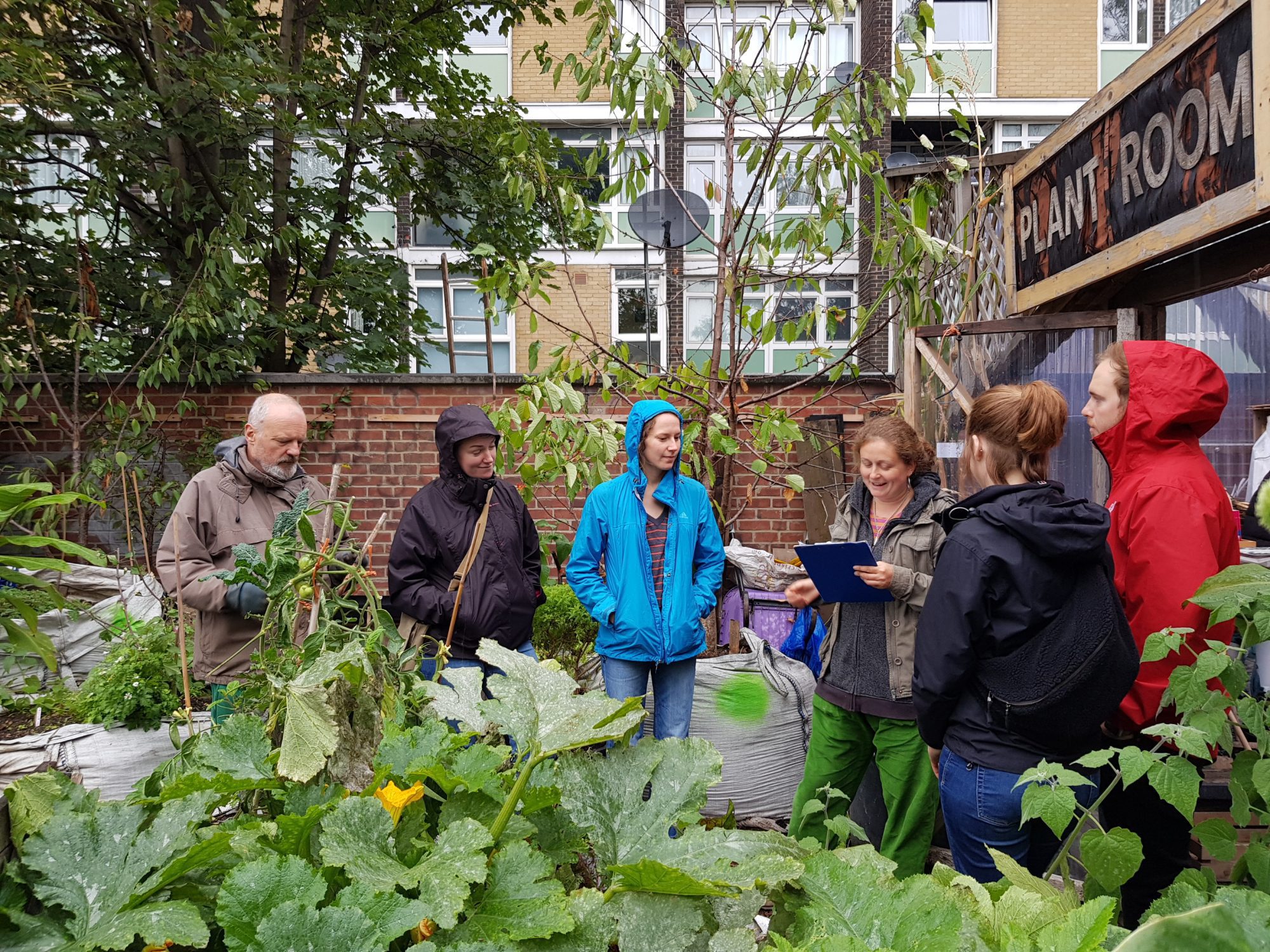
Danielle Cohen
Head Of Local & Regional Engagement
Local authorities can play a decisive role in addressing the barriers faced by community businesses to grow and better support their social economy. Since 2015, we’ve been working with community businesses to engage with their local authorities. We’ve worked with local and combined authorities in Liverpool City Region, Bristol, the North of Tyne and the West Midlands to help understand the unique needs of their local social economy and community businesses. Here’s what we’ve learnt:
1. Growing with intent
Local authorities must be intentional and purposeful about growing their social economy. They must recognise the unique challenges and opportunities related to it. Without proper recognition of its role in economic development, the social economy can’t reach its full potential. Local government must dedicate capacity to growing this part of the local economy so community businesses can thrive.
In many councils, the functions needed to work with the social economy sit across multiple teams, leaving community organisations to be passed from pillar to post and struggling to gain traction. Dedicating capacity to engaging with the sector should form part of their economic development plans. To successfully embed a vision for a thriving social economy there needs to be political buyin, for example the social economy forming part of a cabinet member’s portfolio.
2. A strategic vision
Local authorities should build a strong, strategic narrative for growing the social economy and a wider understanding of what the social economy is. By highlighting the difference community business has made, politicians – and the public – can better understand the sector’s role. A great example is in the West Midlands, where the Combined Authority secured sector buy-in for their plan to grow the social economy. The Combined Authority developed a social economy growth strategy with input from multiple stakeholders across its constituent boroughs. They have now (with our support) created a role to guide the strategy’s implementation, providing the dedicated capacity we know is crucial.
3. Convening partners
Local authorities are uniquely placed to bring stakeholders together in support of community development. They can convene partners to create a robust social economy ecosystem and infrastructure that will help community businesses to emerge and grow. Strong partnerships can facilitate the exchange of knowledge and learning, harnessing the power that resides in communities. To achieve this, local authorities and other public services need to spend time and effort nurturing partnerships with the social economy in their area. Trust is vital: communities and local authorities need to work together in a way that builds trust between them.
4. Influencing the right kind of support
To grow, community businesses need access to business support and finance that suits them. Local authorities can influence the market to help provide this. The best business support for community business is local, tailored, bespoke and delivered by trusted people who understand and have experience of the social economy, ensuring learning continues to accrue within the community. Just as importantly, social economy organisations need access to affordable, patient and flexible finance. As they increase their confidence and knowledge around social finance, the right kind of money can help community businesses diversify, scale and grow.
Local authorities have a crucial role to play in commissioning and convening partners that can offer the money and support the sector needs. We have seen the success of such partnerships through Kindred, an independent CIC meeting the finance and support needs of Socially Trading Organisations working in Liverpool City Region’s communities.
5. Finding the balance
Community businesses come about when local people work together to find a new way of addressing a need or opportunity in their community: they are emergent and sometimes ad hoc. Local authorities must remain conscious of maintaining a balance between actively nurturing community business and inadvertently stifling them. Their efforts are important in supporting community business. Local authorities must be willing to relinquish control and let power continue to reside in the hands of the people.
Find out more about our work and how you can partner with us to grow your social economy.



